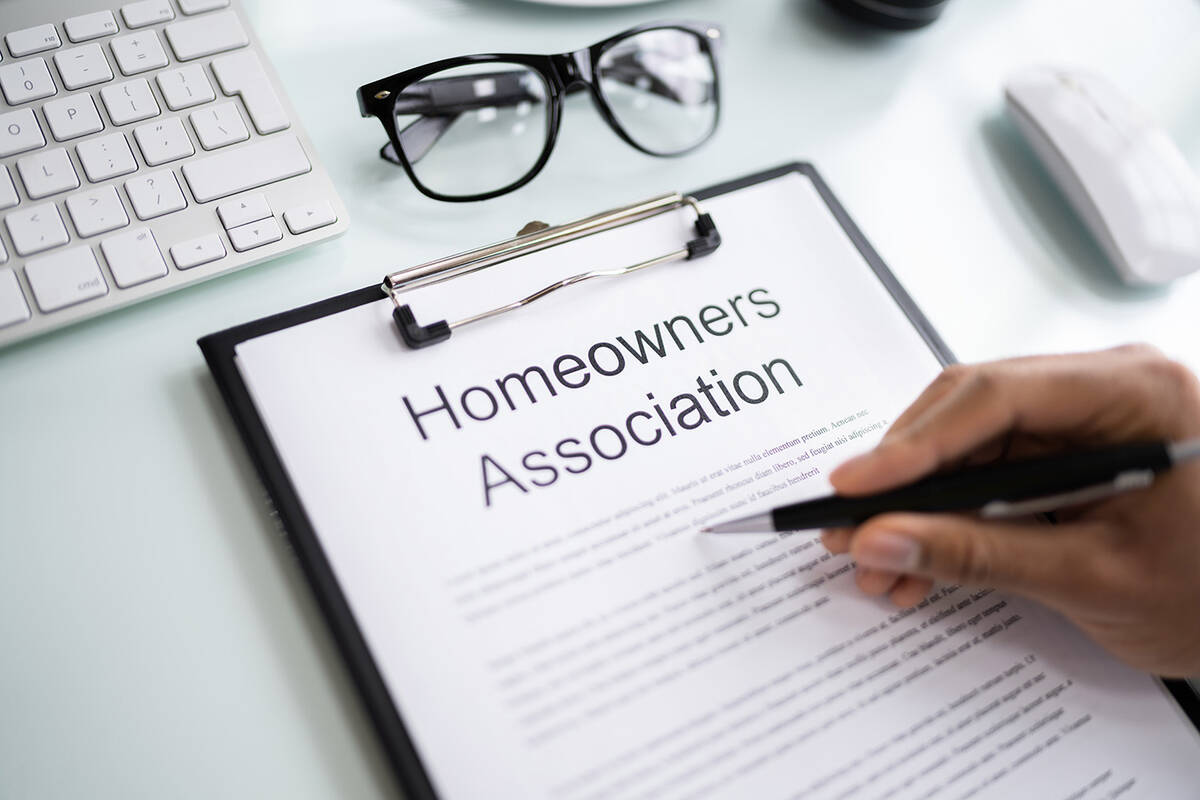Homeowner complains about board, fee hike
Q: I have a homeowners associaiton where the dues jumped from $289 to $600 because they can’t get a master insurance policy. I need help on fighting this.
Also, how do I go about petitioning for the entire board removed with new members. The community doesn’t want this board anymore.
Any guidance, advice or help would be greatly appreciated. Thank you.
A: Nevada Revised Statute 116.3113 states that associations shall maintain, to the extent reasonably available and subject to reasonable deductibles, the following insurance coverages: property insurance on the common elements, commercial general liability insurance, crime insurance, directors and officers insurance. In the case of a building that contains units divided by horizontal or vertical boundaries, the insurance maintained, to the extent reasonably available, must include the units but not the improvements or betterments installed by the unit owners.
You do not provide information as to why the significant increase in their insurance premiums. Generally, such an increase pertains to multiple claims and increased liability.
As to the second part of the your email about recalling the board of directors.
To call for a special meeting of the homeowners, the owners must submit a petition signed by at least 10 percent or any lower percentage specified in the covenants, conditions and restrictions of the total number of voting members. Upon receiving the request for the meeting, after verifying the signers as owners in the association, the board shall set a date for the recall meeting not less than 15 days and not more than 60 days after the date the petition is received. (NRS 116.3108) and NRS 116.31036 (2)).
Under NRS 116.31036, removal of a board member or members, the law has two requirements. At least 35 percent of the total voting members of the association vote on the matter of the recall; and second that at least a majority of the votes cast approve the recall.
The secret written ballots must be sent not less than 15 days nor more than 60 days after the date the petition has been received.
The board shall set a date for the meeting to open and count the ballots not more than 15 days after the deadline for returning the secret written ballots and not later than 90 days after the date on which the petition was received.
Only the secret written ballots that are returned may be counted to determine the outcome.
Barbara Holland is an author and educator on real estate management. Questions may be sent to holland744o@gmail.com.



















